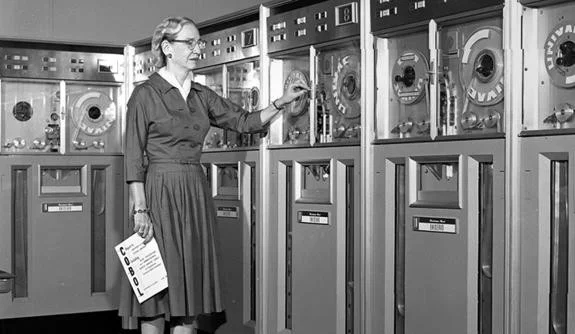I hope you are all enjoying the summer months and are able to find some time to rest and reflect on what has been an unprecedented year. There are more people displaced around the world than ever. The number of children separated from their families continues to grow at an uncontrollable rate – with a real worry that some may be permanently separated. I call on governments to do all they can to ensure that this doesn’t happen.
This month I bring you as always a number of articles I have come across during the month, which I believe need to be shared to understand some of the challenges facing women across the world. This month I also include a piece of my own to reflect on the recent gender pay gap reporting.
The Gender Pay Gap
- Baroness Goudie
UK Legislation to prevent and prohibit less favourable treatment between men and women in terms of pay and conditions of employment was enacted almost half a century ago, in the Equal Pay Act 1970.
This Act to promote equal pay did not come into force until the end of 1975, to enable over a five year period for compliance. However, now, over 40 years later, equal pay for women is far from having been achieved.
The aspiration for equality of treatment goes back even further. It was embodied in Labour's 1959 General Election Manifesto and in a TUC Resolution in 1965. Further, Impetus was provided by the 1968 strike by female sewing machinists at the Ford Car manufacturer. Another powerful factor was the UK's move to join the European Economic Community. The principle of the equal pay for make and email workers not only for equal work but also for work of equal value was endorsed by the Treat of Rome itself.
Equal pay remains an EU and EEA obligation. It has been reenacted in the Equality Act 2010. Gender pay gap reporting is in the process of coming into operation. All this must be preserved in any post Brexit world and in a way that ensures a common approach across Europe and indeed across much of the World.
President John F Kennedy signed a US Equal Pay Act into Law in 1963 as part of his New Frontier programme. Equal pay is an international human right.
In 2010 the 30% Club was launched in the UK with the goal of achieving a minimum of 30% women on FTSE-100 boards, www.30percentclub.org. Since its inception, the 30% Club has grown to include a number of international chapters. One of the aims of the organization is to gain more gender pay parity by including more women on private and public sector boards.
What is critical is effective enforcement. The Equality and Human Rights Commission has a key role to play. It is provided with adequate
resources. It would be a scandal if equality were not fully achieved in the UK by the fiftieth anniversary of our legislation in May 2020.
MUST READS:
Injured, hunted, lost: mapping journeys of refugee children aiming for UK
Eight-week project by Refugee Youth Service shows danger faced by 22 children, who travelled 11,800 miles across Europe
Beyond ISIS: struggling to survive in eastern Anbar
Months after being freed of ISIS, swathes of Iraq are still suffering.
Slaves of Isis: the long walk of the Yazidi women
When Isis rounded up Yazidi women and girls in Iraq to use as slaves, the captives drew on their collective memory of past oppressions – and a powerful will to survive.
Afghan, Pakistani Women Push for Role in Peace Talks
Prominent women rights defenders from Afghanistan and Pakistan have jointly called on their governments to push for the inclusion of women in any peace negotiations aimed at easing bilateral tensions and resolving an increasingly deadly Afghan conflict.
'Act now' to help and protect trafficking victims, UN urges on World Day against the scourge
Criminal groups feed off the instability created by conflicts, and as links between wars, trafficking and migrant smuggling become more widely known, the United Nations is calling on the international community to act now to help and protect trafficking victims

